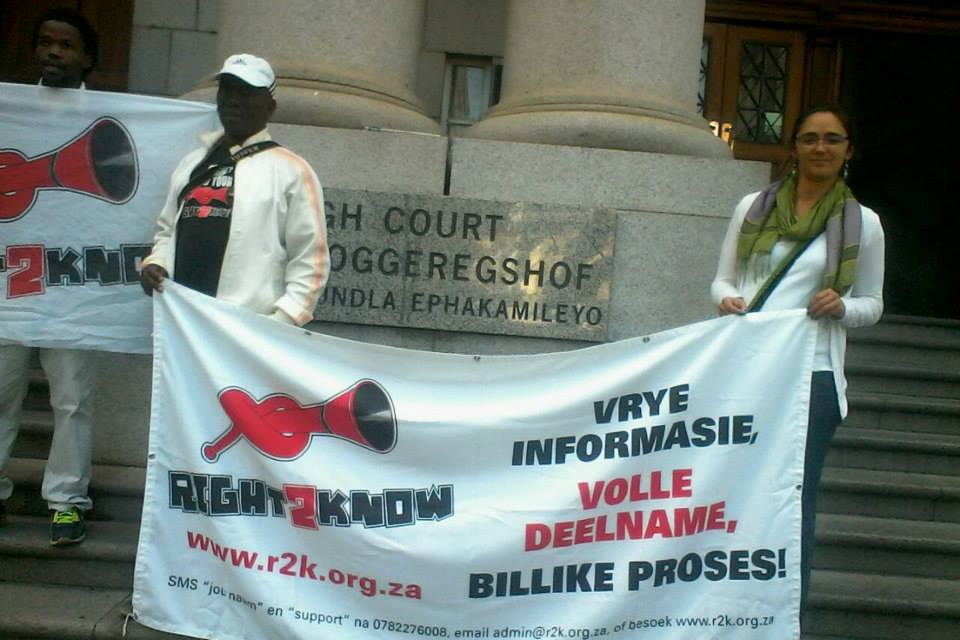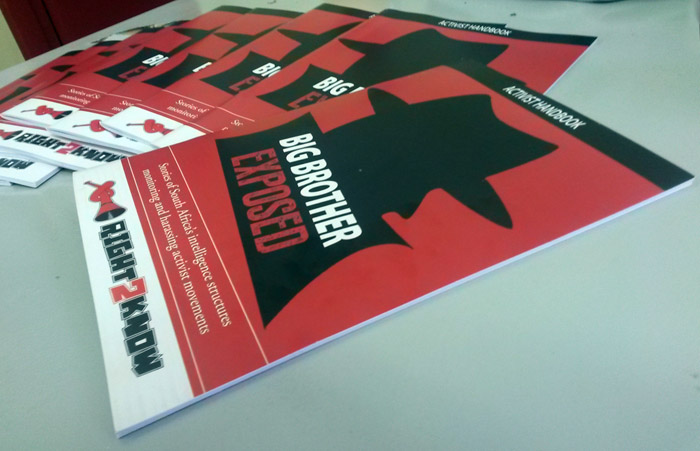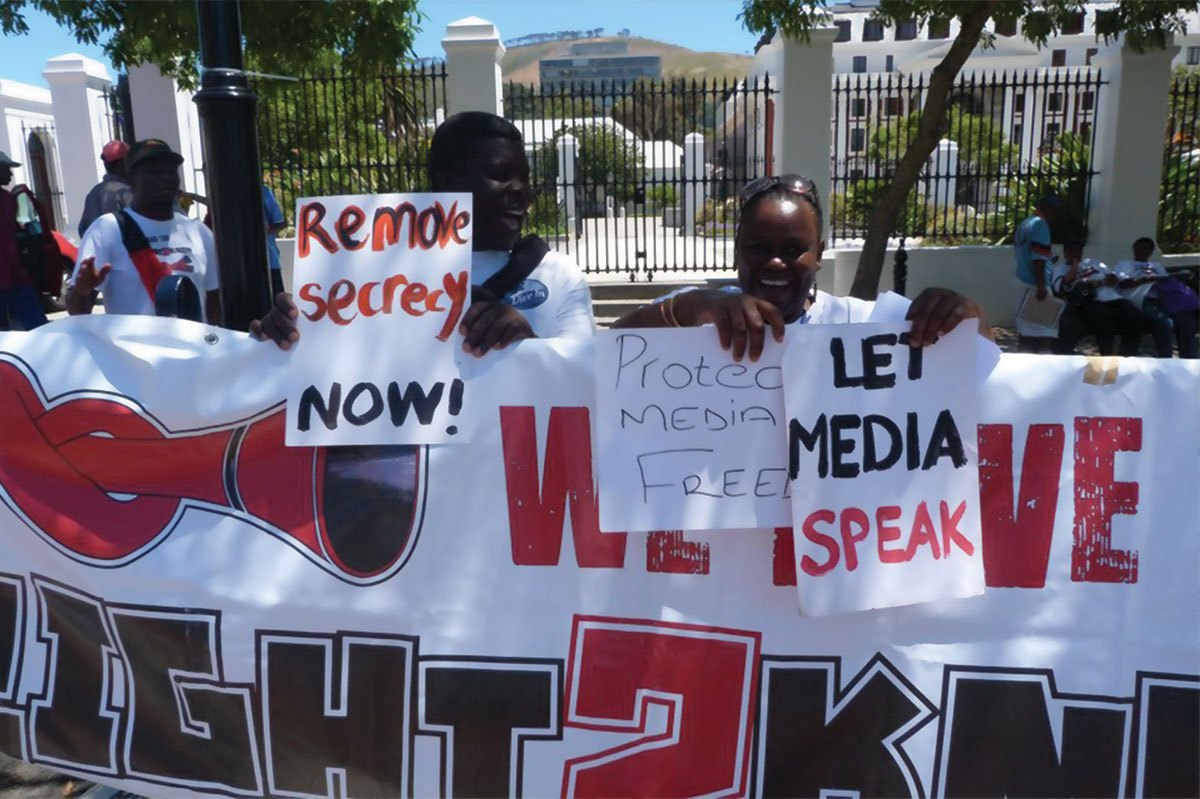Statement: R2K rejects the call to regulate WhatsApp & Skype!
 R2K rejects the call to regulate over the top services (OTTs) such as WhatsApp and Skype as a move to propel profiteering that has undermined people’s right to communicate for years already.
R2K rejects the call to regulate over the top services (OTTs) such as WhatsApp and Skype as a move to propel profiteering that has undermined people’s right to communicate for years already.
The demand by the two telecoms companies, Vodacom and MTN, is nothing more than a cynical attempt to stifle innovation and protect their super-profits at the expense of the consumer. At Tuesday’s informal session of the Parliamentary Portfolio Committee on Telecommunications and Postal Services, the telecoms cartel made their arguments in favour of regulating OTTs, and yet again their true motives were laid bare. We condemn in strongest terms this anti-competitive tendency as it seeks to continue the exploitation of users, in particular the poor.
R2K has consistently fought back against the ruthless profiteering and unscrupulous business practices of MTN and Vodacom. In this latest move – despite the broad definition of OTTs being used, which includes streaming media et cetera – it is plain to see that the real targets for the call for regulation are Voice Over Internet Protocol providers such as Skype, Whatsapp and Facebook. These services offer a relatively affordable and convenient alternative to the messaging and calling services offered by the mobile network operators, especially when taking into account the extortionate airtime rates that these service providers charge.
The arguments presented by the two telecoms cartel in favour of OTT regulation are about as flimsy as MTN’s claim that it does not dodge the taxman. OTT’s are not a real threat to the profitability of telecoms companies, and Cell-C has broken ranks by embracing OTTs, which reflects its status as a late entrant into the market whose primary need is to acquire market share. As Alison Gillwald, Director of Research ICT Africa made clear in her presentation at the hearing, the telecoms cartel have been and still are unusually profitable and are steadily investing in network capacity. For Vodacom and MTN to claim that their investment capacity is at risk is farcical, especially now that infrastructure-sharing is becoming more common.
In addition, despite the mention by several speakers of the fact that users do pay for VOIP services in the form of normal data which is profitable for the telecoms companies, the dogma is constantly repeated even by a representative of ICASA, that OTT services make “no contribution” to the networks which they are “exploiting”. If these companies want to talk of exploitation, they need not look beyond themselves. As our Lived Costs of Communication Report shows, the telecoms companies are quite simply fleecing the poor of this country, who are forced to make sacrifices in necessities just to be able to afford the prohibitive costs of data and airtime. It is in the public interest not to be regulating OTTs, but to be strengthening regulation of the telecoms cartel. So far, a weak regulator has enabled these companies to get away with daylight robbery.
The other bugbear raised by proponents of regulation is that the surveillance capabilities built into the existing cellular networks are absent in VOIP services. This may be well received by many parliamentarians, who after all voted for things like RICA. However even if such surveillance could be justified, it is impossible to achieve in VOIP services, as criminals could simply use VPNs or other obfuscations. Hence imposing a burden of surveillance on OTTs would only hurt the rest of us, especially the poor, by raising costs, without protecting the public interest.
If the government eventually proceeds with regulation of OTTs, it will be sending a message that not only does it prioritise the earnings of rich shareholders over the right to communicate of the poor, but that its surveillance appetite extends to its political opponents who don’t use obfuscation because they have nothing to hide, yet who have the same right to privacy of all citizens.
The telecoms companies have yet again made clear their opposition to innovation and the realisation of our constitutional right to communicate and freely receive and impart information. The determination of the small-minded executives in charge of the telecoms companies is to protect every last cent of their profits even if it comes at the expense of technological progress and is destructive to the telecommunications environment as a whole. Theirs is a totally unimaginative, backwards-looking response to competition that will be a setback for all – a stance that is short-sighted and bound to backfire. In other countries, such as Morocco, attempts to block OTTs have led to a public backlash. MTN and Vodacom can expect the same here.




